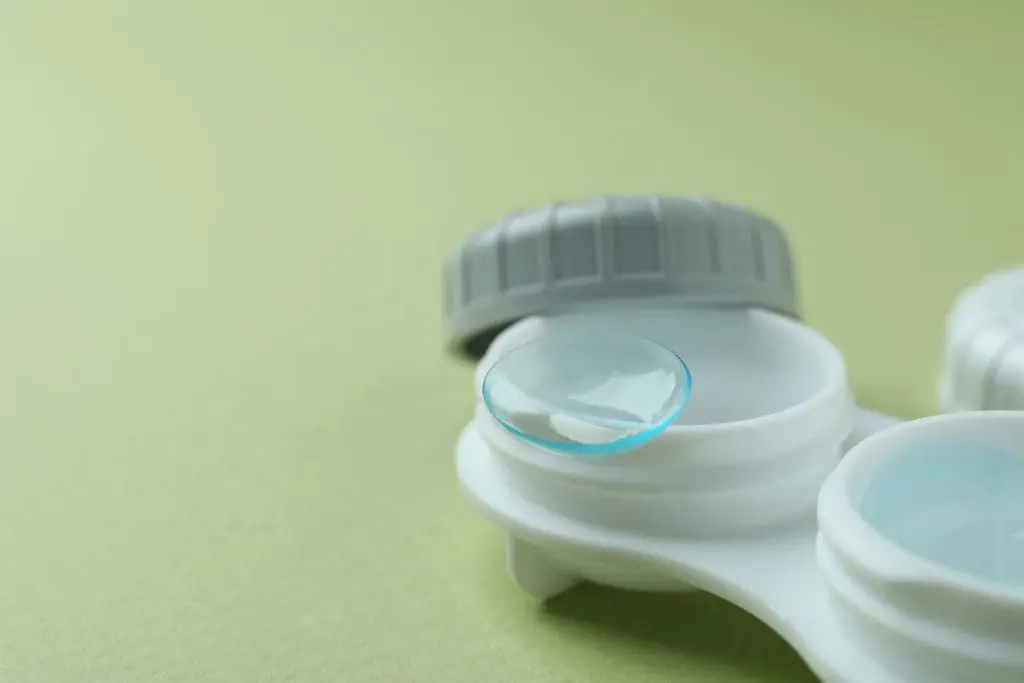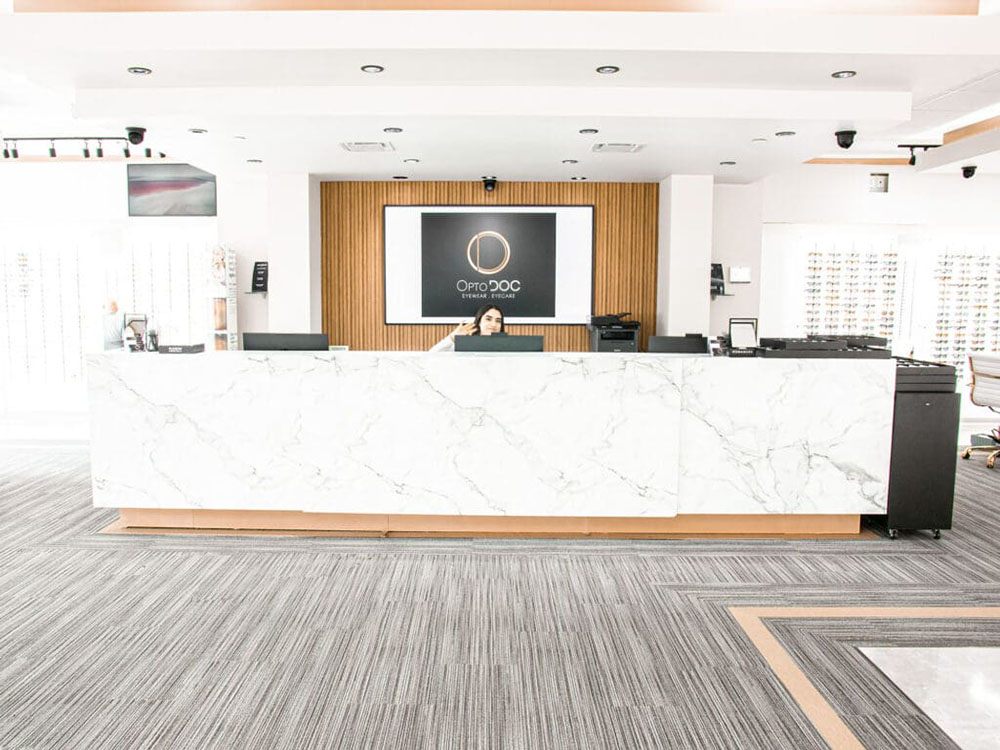Considering contact lenses for vision correction?
OptoDoc is here to provide you with the information you need to make an informed decision. Contact lenses offer convenience, freedom, and clear vision without the need for glasses. Read on to find answers to common questions about contact lenses, their types, care, and more.
Your Contact Lenses questions
The most asked questions about Contact Lenses

+ - What’s involved in a contact lens exam?
In an initial exam, the eye doctor will examine your eyes to determine if you can wear contact lenses. Your prescription and the curvature of your eye are measured and the doctor will discuss any special needs you may have. The doctor will then determine the type of contact lenses that best fit your eyes and provide you with the most accurate vision while ensuring that your eyes remain healthy with the lenses. If trial lenses are available in the office, you may be able to go home with lenses the same day. However, if your prescription or curvature warrant, contact lenses may need to be ordered and a contact lens fitting appointment scheduled when the lenses arrive.
+ - What’s involved in a contact lens fitting?
When the lenses are ready, a fitting examination is scheduled as a practice session for you to try your new lenses and to become adept at lens insertion and removal. The doctor will also look at the lenses on your eyes and determine if any changes need to be made. If the lenses fit well and you are seeing well with them, a check-up exam is scheduled one week after the practice session. If new lenses are ordered, we will schedule a dispensing appointment when those lenses arrive.
+ - Can I swim or shower with contact lenses on?
There are two main reasons why you should not swim or shower with your contact lenses – possible loss of the lenses and, most importantly, contamination of the lenses. Underwater, contact lenses may be washed out of your eye, or above water a small wave or splash may take the lens with it. Contact lenses, especially the soft variety, will absorb any chemicals or germs in the water. They will then stay in or on the lens for several hours, irritating the eyes and possibly causing infection.
+ - Can children wear contact lenses?
The deciding factor for whether a child should wear contact lenses should be that child’s maturity level. Children of all ages can tolerate contact lenses well, but they must be responsible for the care of the lenses. Parents should make that judgment based on the child’s personal hygiene habits and their ability to perform household chores.
+ - What is the difference between soft and hard contact lenses?
“Hard” Lenses
These lenses were the original contact lenses made several decades ago from a plastic called PMMA. For a long time they were the only kind of lens but they are seldom used anymore as they have several drawbacks and have been superseded by “rigid” lenses. Rigid, or gas permeable, lenses are similar to hard lenses in design and appearance, however as the name suggests, however, the material they are made of is permeable to gases.
“Soft” Lenses
Soft lenses are slightly larger and more flexible than rigid or hard lenses. Soft lenses are made of materials which soak up water, and it is this uptake of water that allows oxygen to transfer to the cornea. Soft lens material itself is impermeable, so the oxygen is transmitted via the water.
+ - Why shouldn’t I wear my two-week disposable lenses longer?
In order to maintain optimal eye health and comfort, it is important to adhere to the wearing schedule prescribed by your doctor.

If you cannot find the answer to your question, please contact us
Need new frames, an eye exam or help managing your eye health? Our trained staff is always here for you. Through our technological process and comprehensive approach, we can get to the root of your eye care concerns and address them with compassion and efficiency.
If you still have questions or would like to explore the possibility of contact lenses further, we invite you to schedule a contact lens consultation with our knowledgeable team. During your consultation, we will assess your eye health and discuss the contact lens options that are best suited to your lifestyle, prescription, and comfort preferences.
















